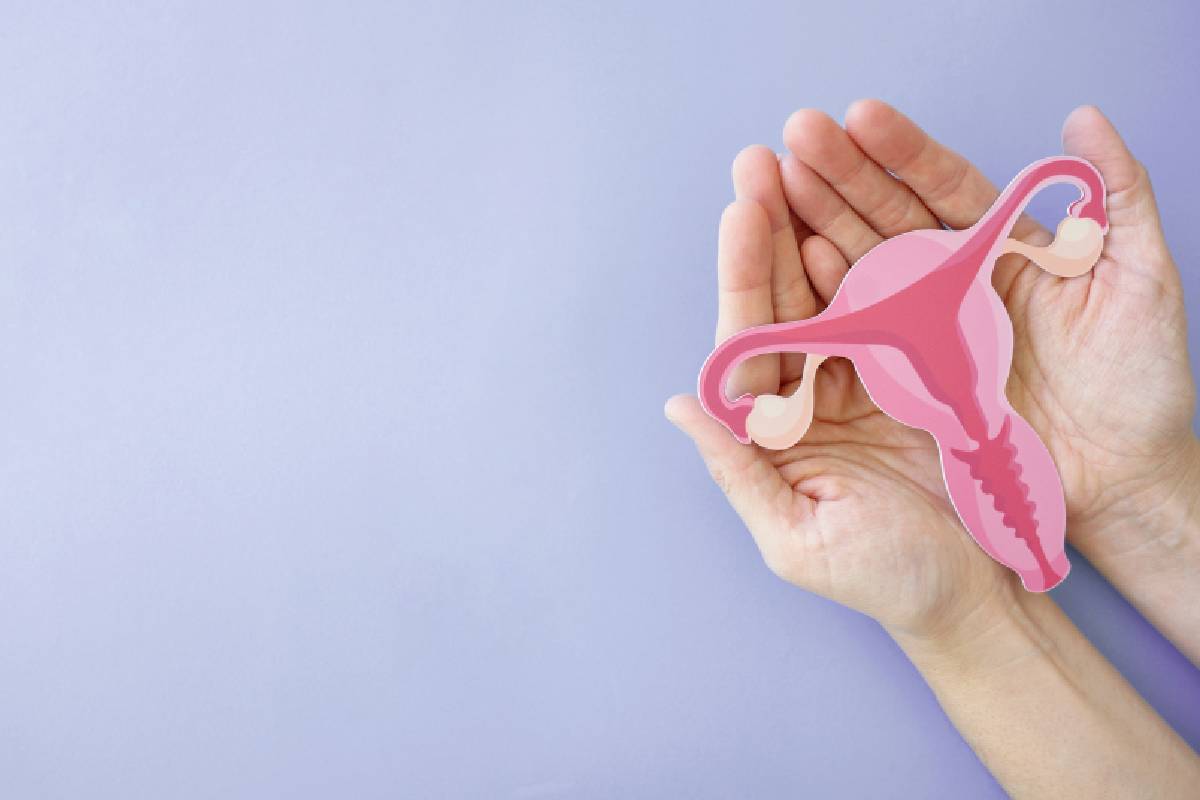
By: A Woman’s Place in Naples, FL
October is National Premenstrual Dysphoric Disorder (PMDD) Awareness Month, a time to raise understanding about a condition that affects up to 5–8% of women of reproductive age. Many ask: What makes PMDD different from PMS, and how can it be managed? At A Woman’s Place in Naples, FL, we are committed to supporting women with compassionate care and effective treatment options.
What Is PMDD?
PMDD is a severe form of premenstrual syndrome (PMS) that causes significant emotional, mental, and physical symptoms in the two weeks leading up to a period. Unlike PMS, PMDD symptoms are more intense and can interfere with daily life, work, and relationships.
Common Symptoms of PMDD
- Severe mood swings or irritability
- Anxiety or depression
- Difficulty concentrating
- Extreme fatigue or low energy
- Bloating, breast tenderness, or joint pain
- Sleep disturbances
- Food cravings or changes in appetite
Symptoms typically resolve once menstruation begins, but their impact can be life-altering during the luteal phase of the menstrual cycle.
How Is PMDD Diagnosed?
There is no single test for PMDD. Diagnosis is based on tracking symptoms over at least two menstrual cycles. Keeping a daily symptom diary helps providers see patterns and distinguish PMDD from other mood or hormonal conditions.
Treatment Options for PMDD
Effective treatment often combines lifestyle strategies, counseling, and medical management. Options include:
- Lifestyle adjustments: Regular exercise, adequate sleep, and stress management can ease symptoms.
- Dietary changes: Limiting caffeine, alcohol, and processed foods may help stabilize mood and energy.
- Medications: Antidepressants (SSRIs), hormonal birth control, and other medications may be prescribed depending on symptoms and goals.
- Therapy: Cognitive behavioral therapy (CBT) and support groups can provide coping tools.
Why Awareness Matters
Many women with PMDD go undiagnosed or are told their symptoms are simply “bad PMS.” National PMDD Awareness Month emphasizes the need for education, research, and validation of women’s experiences.
Final Thoughts
Living with PMDD can be challenging, but help is available. If you are experiencing severe premenstrual symptoms that affect your daily life, it may be time to talk to your provider. At A Woman’s Place in Naples, FL, our team is here to provide answers, personalized care, and ongoing support.
Reach out today to schedule a consultation: https://www.awpnaples.com/contact/
Further Reading
Cleveland Clinic – PMDD: clevelandclinic.org
By: A Woman’s Place in Naples, FL
October is National Premenstrual Dysphoric Disorder (PMDD) Awareness Month, a time to raise understanding about a condition that affects up to 5–8% of women of reproductive age. Many ask: What makes PMDD different from PMS, and how can it be managed? At A Woman’s Place in Naples, FL, we are committed to supporting women with compassionate care and effective treatment options.
What Is PMDD?
PMDD is a severe form of premenstrual syndrome (PMS) that causes significant emotional, mental, and physical symptoms in the two weeks leading up to a period. Unlike PMS, PMDD symptoms are more intense and can interfere with daily life, work, and relationships.
Common Symptoms of PMDD
- Severe mood swings or irritability
- Anxiety or depression
- Difficulty concentrating
- Extreme fatigue or low energy
- Bloating, breast tenderness, or joint pain
- Sleep disturbances
- Food cravings or changes in appetite
Symptoms typically resolve once menstruation begins, but their impact can be life-altering during the luteal phase of the menstrual cycle.
How Is PMDD Diagnosed?
There is no single test for PMDD. Diagnosis is based on tracking symptoms over at least two menstrual cycles. Keeping a daily symptom diary helps providers see patterns and distinguish PMDD from other mood or hormonal conditions.
Treatment Options for PMDD
Effective treatment often combines lifestyle strategies, counseling, and medical management. Options include:
- Lifestyle adjustments: Regular exercise, adequate sleep, and stress management can ease symptoms.
- Dietary changes: Limiting caffeine, alcohol, and processed foods may help stabilize mood and energy.
- Medications: Antidepressants (SSRIs), hormonal birth control, and other medications may be prescribed depending on symptoms and goals.
- Therapy: Cognitive behavioral therapy (CBT) and support groups can provide coping tools.
Why Awareness Matters
Many women with PMDD go undiagnosed or are told their symptoms are simply “bad PMS.” National PMDD Awareness Month emphasizes the need for education, research, and validation of women’s experiences.
Final Thoughts
Living with PMDD can be challenging, but help is available. If you are experiencing severe premenstrual symptoms that affect your daily life, it may be time to talk to your provider. At A Woman’s Place in Naples, FL, our team is here to provide answers, personalized care, and ongoing support.
Reach out today to schedule a consultation: https://www.awpnaples.com/contact/
Further Reading
Cleveland Clinic – PMDD: clevelandclinic.org









